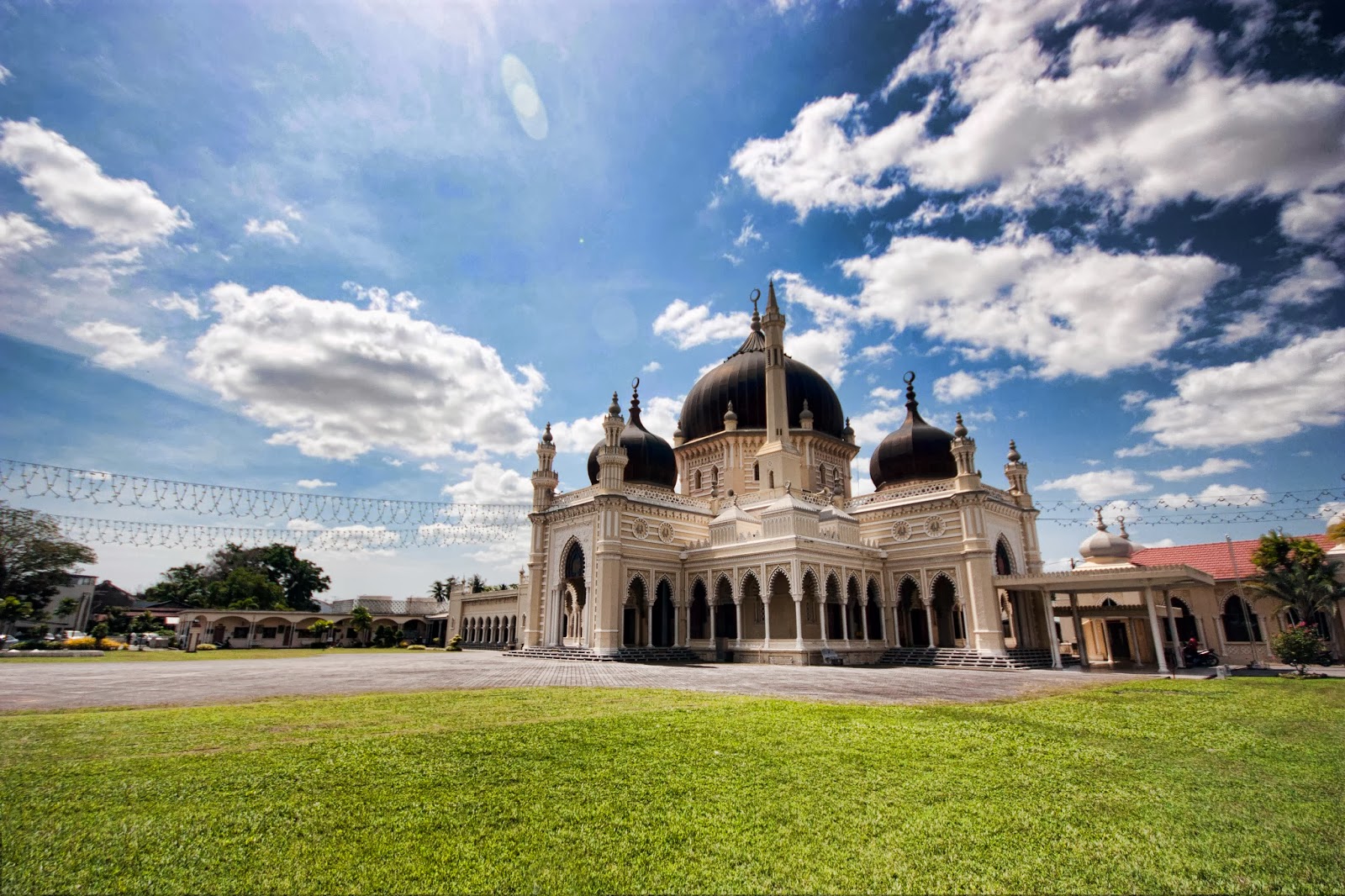Understanding Al Buhari: A Deep Dive Into His Life And Contributions
Al Buhari has become a prominent figure in contemporary discussions about leadership and governance. His insights and philosophies have not only shaped political discourse in his home country but have also resonated globally. In this article, we will explore the life, achievements, and enduring legacy of Al Buhari, providing a comprehensive overview that highlights his influence on politics and society.
In this exploration, we will cover various aspects of Al Buhari's life, from his early years to his current role in leadership. Understanding his journey is crucial for those who wish to grasp the complexities of modern political landscapes. The analysis will also include insights into his policies and the impact they have had on his constituents and beyond.
This article aims to be a valuable resource for anyone interested in political science, governance, and the intricacies of leadership. By delving into Al Buhari's life, we can draw lessons that apply to both current and future leaders, making this exploration relevant for readers from all walks of life.
Table of Contents
- Biography of Al Buhari
- Early Life and Education
- Political Career
- Leadership Style
- Key Policies and Initiatives
- Challenges Faced
- Legacy and Impact
- Conclusion
Biography of Al Buhari
Al Buhari was born on December 17, 1942, in Daura, Katsina State, Nigeria. He pursued his education at the prestigious Nigerian Military School in Zaria and later attended the United States Army Command and General Staff College. His military background laid the foundation for his future political career.
| Personal Information | Details |
|---|---|
| Full Name | Muhammadu Buhari |
| Date of Birth | December 17, 1942 |
| Place of Birth | Daura, Katsina State, Nigeria |
| Education | Nigerian Military School, United States Army Command and General Staff College |
| Occupation | Politician, Retired Major General |
| Political Party | All Progressives Congress (APC) |
Early Life and Education
Al Buhari's early life was marked by a strong emphasis on education and discipline. His family instilled in him the values of hard work and integrity, which would later influence his political ethos. After completing his military education, he rose through the ranks of the Nigerian Army, eventually becoming a Major General.
Political Career
Al Buhari's political career began in the late 1970s when he became a member of the Supreme Military Council. He served as the military ruler of Nigeria from 1983 to 1985 after a coup d'état. During his regime, he implemented various policies aimed at combating corruption and improving the economy, although his tenure was met with significant opposition and criticism.
Return to Politics
After years of political inactivity, Al Buhari returned to the political scene in the early 2000s. He contested the presidential elections in 2003, 2007, and 2011, but was unsuccessful until he finally won in 2015, representing the All Progressives Congress (APC).
Leadership Style
Al Buhari's leadership style is characterized by a no-nonsense approach to governance. He prioritizes accountability, transparency, and anti-corruption measures. His military background has influenced his decision-making processes, often leading to swift and decisive actions.
Key Policies and Initiatives
Throughout his presidency, Al Buhari has championed several key policies aimed at improving the quality of life for Nigerians. These include:
- Anti-Corruption Campaign: Aimed at reducing corruption in public office.
- Economic Diversification: Initiatives to reduce reliance on oil and promote other sectors.
- Social Investment Programs: Programs designed to support the poorest citizens.
- Infrastructure Development: Investment in roads, railways, and energy sectors.
Challenges Faced
Despite his numerous initiatives, Al Buhari's presidency has not been without challenges. Key issues include:
- Security Concerns: Ongoing violence and insurgency in various parts of Nigeria.
- Economic Recession: Economic challenges have persisted, affecting his policies' effectiveness.
- Public Perception: Mixed reactions from the public regarding his leadership and policies.
Legacy and Impact
Al Buhari's legacy will likely be debated for years to come. While some commend his efforts in fighting corruption and promoting social welfare, others criticize the state of security and the economy during his tenure. His impact on Nigeria's political landscape is undeniable, and his policies will shape the future of governance in the country.
Conclusion
In conclusion, Al Buhari's journey from a military leader to a democratically elected president is a testament to his resilience and commitment to public service. His policies, challenges faced, and leadership style provide valuable lessons for current and future leaders. We encourage readers to reflect on his contributions and engage in discussions about effective governance.
Feel free to leave your thoughts in the comments below or share this article with others who may find it informative. For more articles on political figures and their impact, explore our website further.
Thank you for reading, and we hope to see you back soon for more insightful discussions and analyses!
Sydney Adugong: The Enigmatic Dugong Of Australia
Nigeria Cultism: Unveiling The Shadows Of Secret Societies
Bone Puns: A Humerus Take On Wordplay


